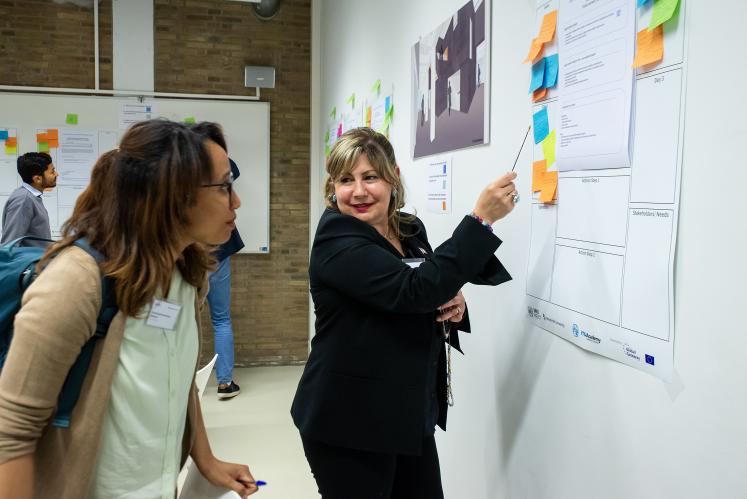Course Description
There is growing recognition that relevant, evidence-based policymaking is key to achieving significant and sustainable change and fulfilment of the Sustainable Development Goals. In this course, you will be introduced to the fundamentals of public policy analysis tools used commonly throughout the world. Monitoring and evaluation of policies and projects are often required by international organizations, NGOs, and national governments to produce meaningful, rigorous, evidence-based recommendations based on the outcomes of existing programmes, as well as an essential part of accountability to donors and affected populations. It is therefore imperative for anyone interested in the realm of public policy to have a grasp of what it means to conduct rigorous evaluations.
The course is divided over five days, with an introduction meeting, four content units with assessments and a closing oral exam. The first unit is an introduction to public policy analysis. In the second unit, students are introduced in greater detail to the monitoring process and relevant tools. Units three and four are dedicated to the description of impact evaluation methods and their practical application in real-world settings.
Goals
• Understand the basis of public policy analysis and evidence-based public policy.
• Understand the distinction between monitoring and evaluation.
• Understand the different types of data used in policy evaluation and their sources.
• Understand the different types of monitoring and its evolution through time.
• Be able to critically assess when monitoring is preferable to impact evaluation.
• Understand the different analytical methods used to perform impact evaluation.
• Grasp the statistics behind experimental and quasi-experimental techniques.
• Overall, the student should be able to critically reflect on the literature provided and be able to distil this knowledge into their own country’s context.




